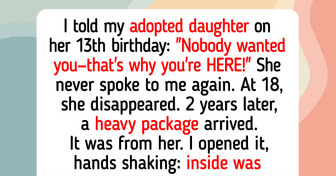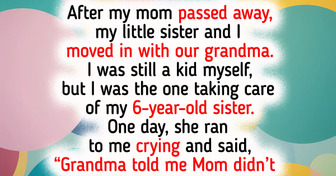My Neighbor’s Dog Poops in My Yard, but Things Escalated Faster Than I Expected
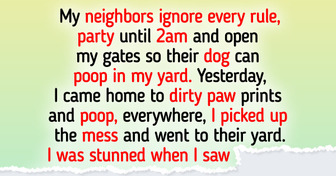
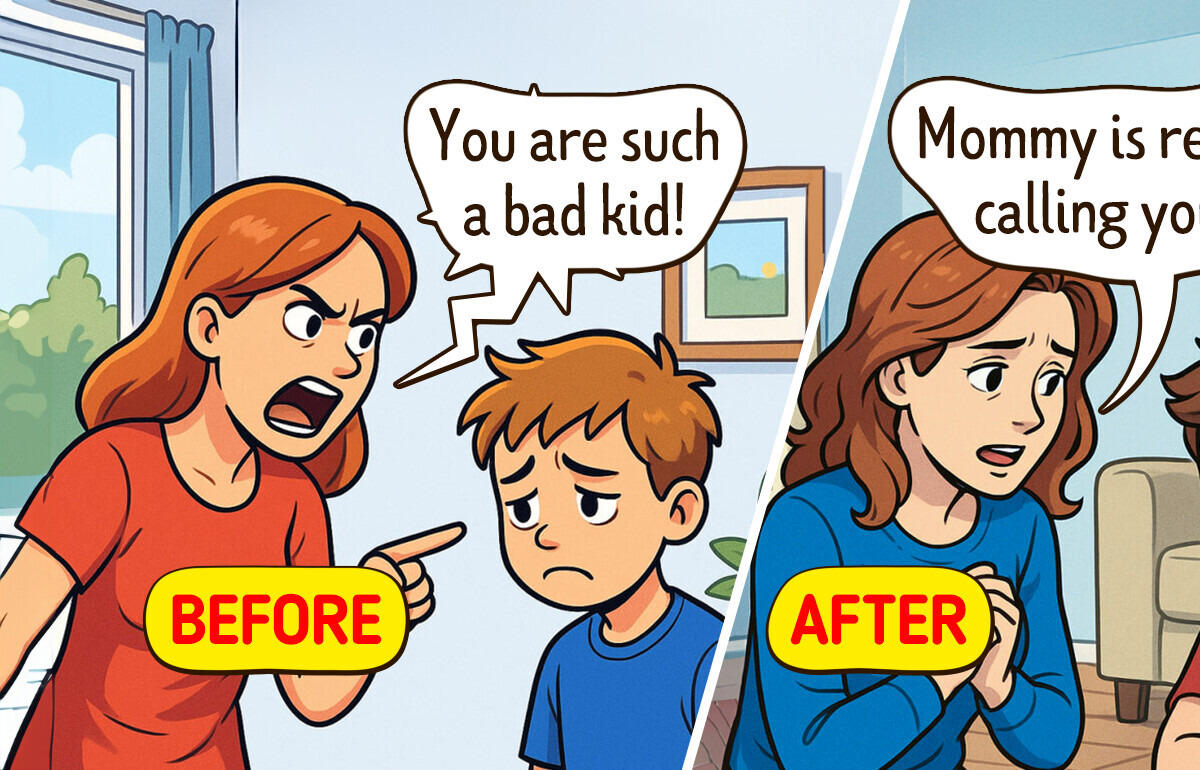
Parenting today has evolved in many ways, but not all trends are as helpful as they may seem. From trying to shield kids from any form of discomfort to becoming more of a “friend” than a parent, modern parenting styles are shifting in ways that can unintentionally hold children back. While these approaches come from a place of love and good intentions, they can often prevent kids from learning essential life skills like resilience, independence, and respect.
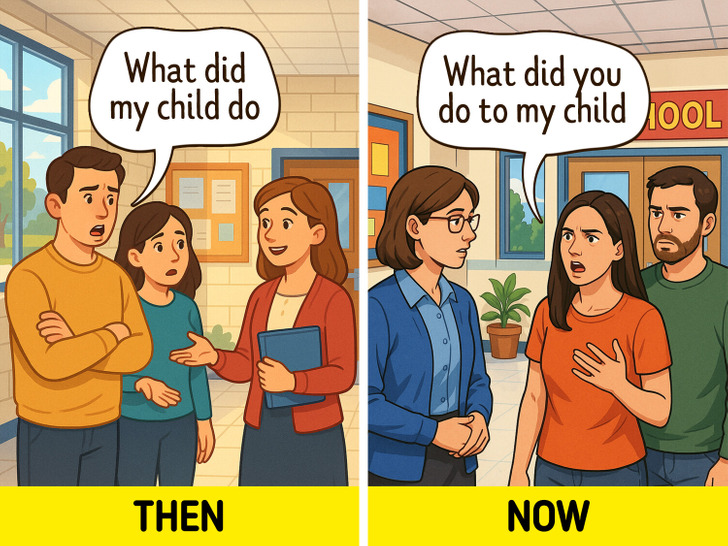
Gone are the days when parents would first ask, “What did my child do?” when an issue arose at school. Now, it seems like the go-to question has become, “What did you do to my child?” While it’s natural to want to protect your child, this shift in perspective can sometimes do more harm than good.
By assuming the worst of teachers or school staff, parents risk undermining authority and fostering a sense of entitlement or victimization in their children. It’s crucial to approach these situations with an open mind, allowing both your child and the teacher to explain their sides. Building trust between parents and educators is key to fostering an environment where children can learn and grow from their experiences, rather than feeling unfairly blamed or sheltered.
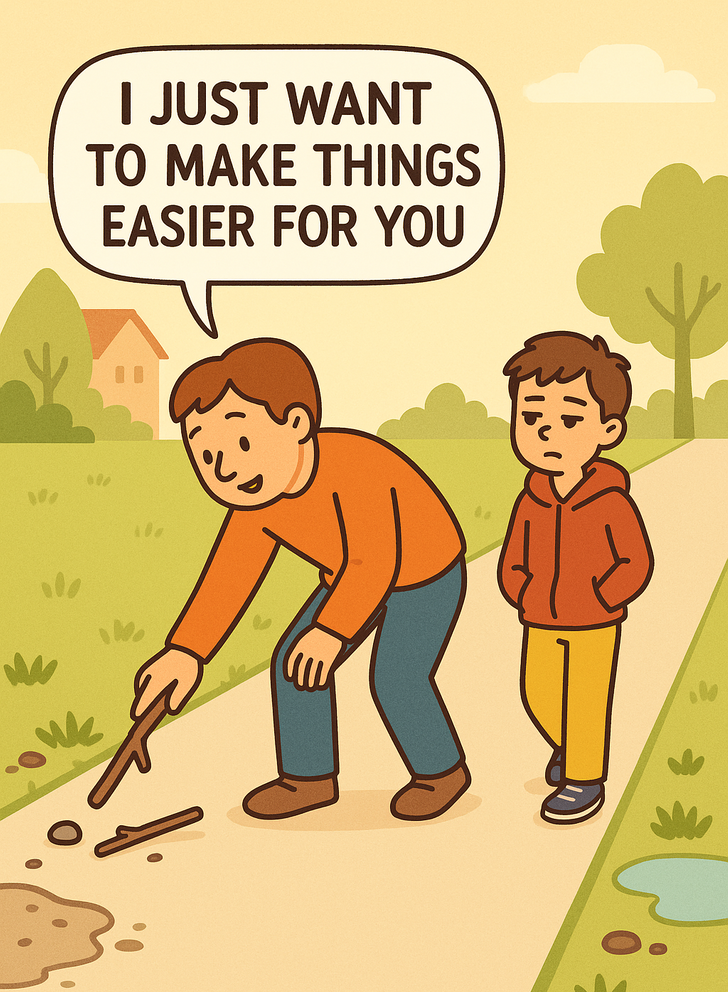
Once upon a time, we had helicopter parents who hovered over their children, ensuring every move was monitored. But now, we’ve entered the era of lawnmower parents. These parents go a step further by proactively removing any obstacles in their child’s path, aiming to shield them from failure or discomfort.
While this approach stems from a desire to protect and ensure success, it can inadvertently hinder a child’s development. By eliminating challenges, children miss opportunities to build resilience, problem-solving skills, and independence. It’s essential for parents to recognize the value of allowing their children to face and overcome difficulties, as these experiences are crucial for growth and maturity.

A rising parenting trend is over-rescuing kids, stepping in to solve problems before they have the chance to try. For example, if a child can’t find a pencil during homework, the instinct might be to get it for them. But this prevents children from developing independence and problem-solving skills.
Instead, encourage them to take action, like saying, “Get a pencil” or “Figure out what to do next,” to build confidence and resilience.
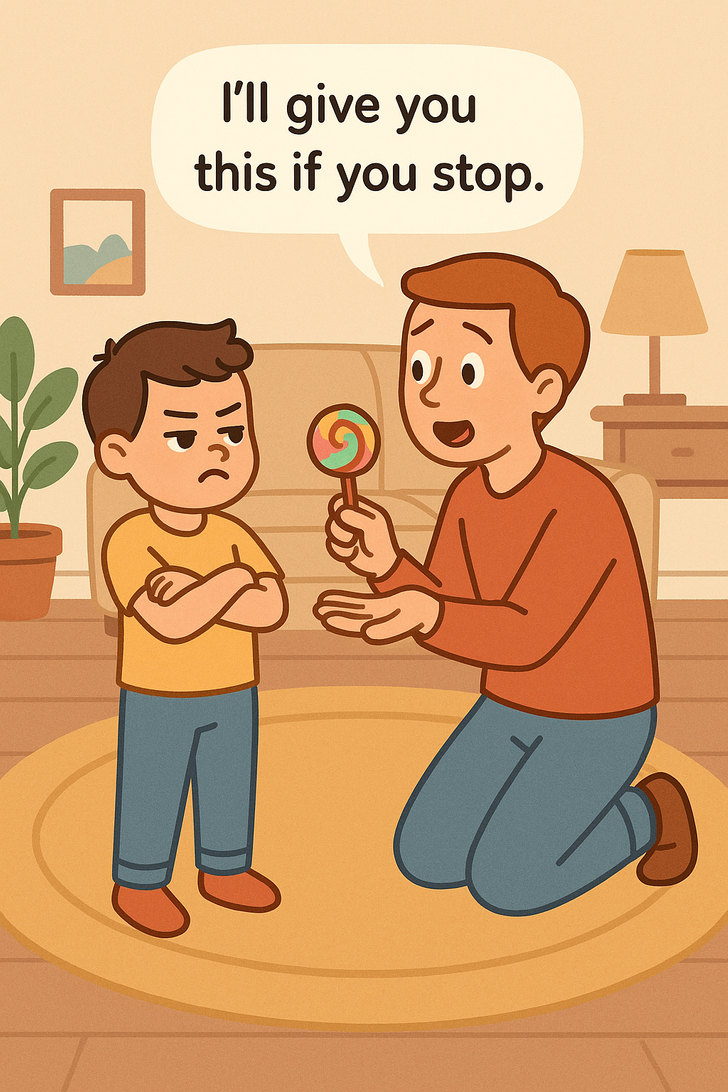
Many children, raised with an “I’ll stop this if you give me that” mentality, often challenge authority by displaying inappropriate behaviors. They quickly learn that if they misbehave long enough, they might get what they want.
This undermines teachers’ authority and creates a cycle where kids expect rewards for good behavior, rather than understanding that respect and discipline should be intrinsic. Instead of giving in to demands, parents and teachers need to set clear boundaries and teach kids that actions have consequences, not negotiations.
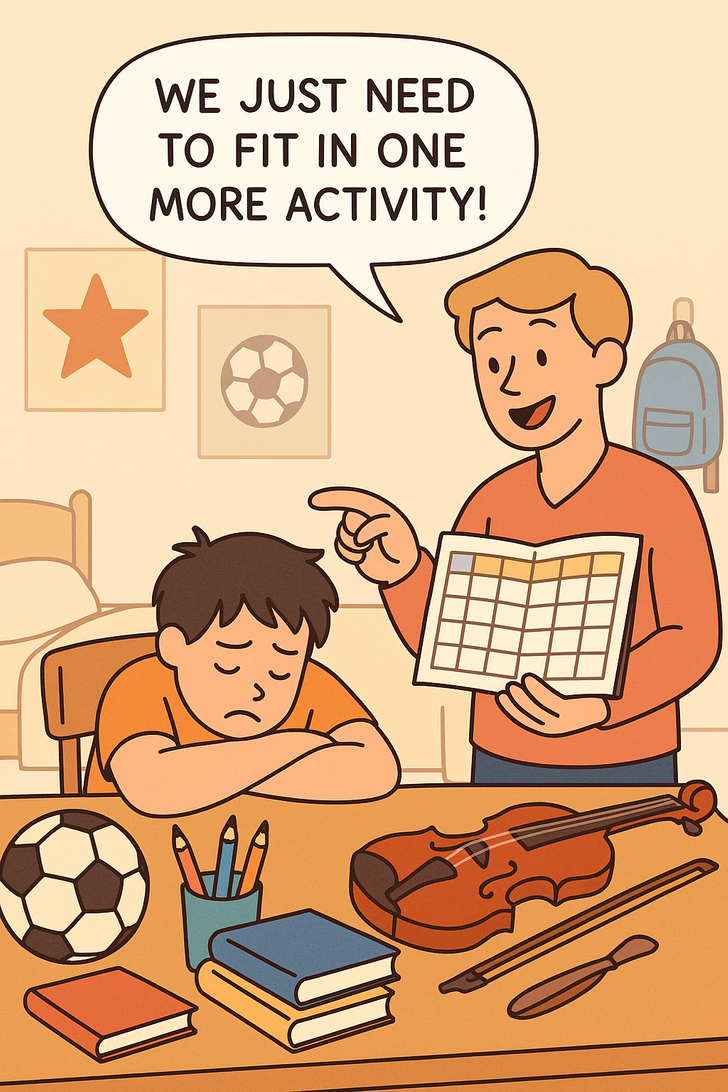
Many parents believe that keeping kids constantly busy prevents trouble, but over-scheduling can leave them feeling overwhelmed and burned out. Kids who are bogged down by too many activities often aren’t willing participants, leading to stress and rebellion.
Instead of filling their time with endless commitments, let kids experience boredom, hang out with friends, and just be still. These moments are crucial for creativity and emotional well-being.
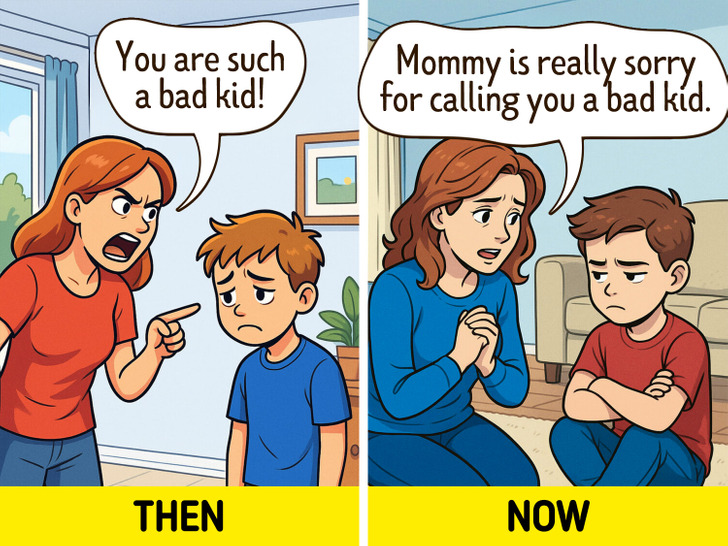
Trying to be the “perfect” parent, never yelling, never losing your cool, can leave you feeling like a failure when things don’t go as planned. The truth is, anger and frustration are human, and it’s okay to let your kids see you lose it sometimes.
What matters is how you handle it afterward. Kids need to see you apologize, regroup, and do better. It’s not about being perfect, it’s about showing them how to manage big emotions and own your mistakes. Perfection isn’t the goal, real and graceful parenting is.
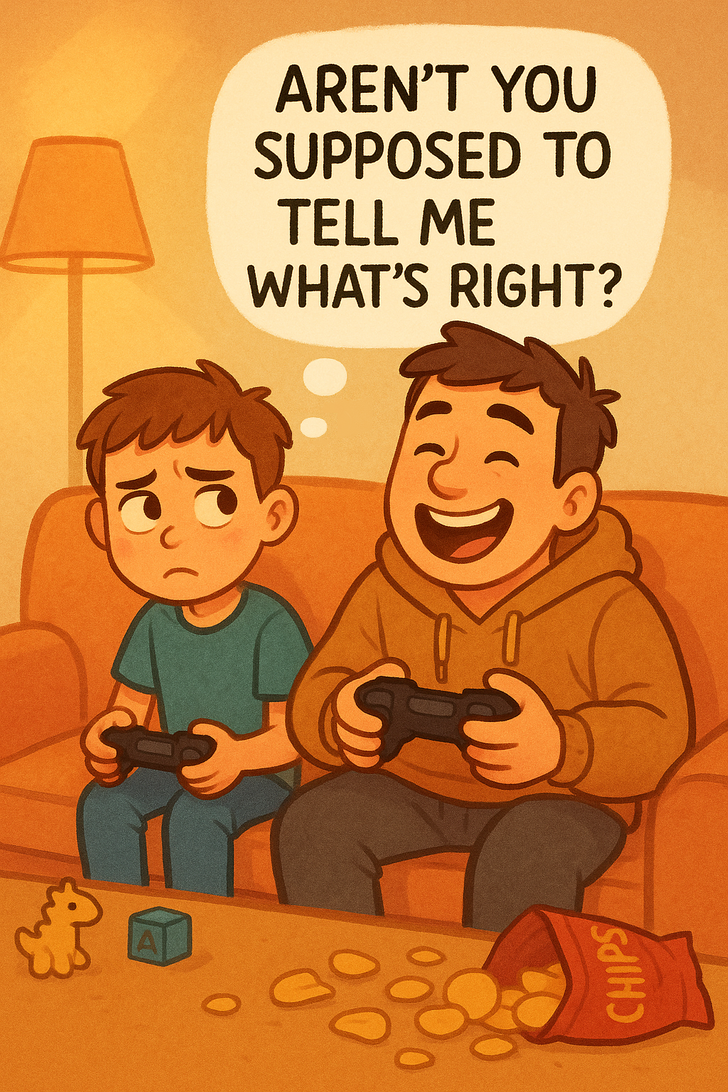
A common parenting trend today is the desire to be more of a friend than a parent. While it’s important to have a close relationship with your child, there’s a fine line between being supportive and overstepping boundaries. When parents prioritize being a “buddy” over being an authority figure, they risk losing the respect and structure children need to thrive.
Kids benefit from clear rules, guidance, and discipline, not just someone they can vent to or hang out with. Establishing healthy boundaries helps children feel secure and teaches them respect for authority, which are essential for their emotional development and future success.
Discover the gripping story of a man whose boundaries are repeatedly tested by his sister and brother-in-law, as they take advantage of his hospitality, ultimately forcing him to confront difficult family dynamics and assert his limits.

